Telephone fraud has been around a long time. The phone offers anonymity between shyster and mark, a separation which makes lies easier to tell and simpler to swallow.
Ever since the 1960’s hard sales techniques have been used by, if not conmen themselves, then those on the payroll.
The first, and perhaps most well-known are “Boiler Rooms”. Often with links to the Mafia, these scams have become synonymous with high-pressure, high rewards and dodgy characters operating from places such as Spain and Thailand.
Although these cocaine sniffing, hard partying westerners are still living it up, and subject to all manner of investigations, internet technology, economic growth and easing of travel restrictions have brought new players to the game.
Less brash, less flash and with a huge recruitment pool, Chinese fraudsters, using what is known as Voice Over Internet Protocol (VoIP) are operating in such large numbers that entire office blocks and hundreds of staff are regularly getting arrested across South East Asia.
What is VoIP?
In simple terms VoIP means using broadband internet to make telephone calls over a regular telecoms network. Using VoIP transforms your voice into digital bits, and then segments them into separate packets of data that are routed through the Internet and reassembled upon arrival at the other end.
This massively cuts down the costs of making long distance phone calls, and also means that such calls are virtually impossible to trace back to the source. Numbers can also be ‘spoofed’, so receivers believe that calls are coming from a certain country or locality.
The ‘African Scam’
It was the biggest bust of its kind in Malaysia, and the suspects – 93 Chinese nationals and six Malaysians were arrested on September 25, 2018, when a luxury office unit was raided in downtown Kuala Lumpur.
The group is accused of offering “shares” from public listed companies in China to lure victims into investing with the promise of handsome returns.
While the majority of the syndicate members worked as “call-centre” operators, some of them had jobs as security guards, translators and even mediators. 21 of the suspects were women.
According to Malaysian Commercial Crime Investigation Department officials, the scam centered on a false stockbroking company, offering dubious shares to the victims in China, locals and the Chinese diaspora across Asia.
Victims were even asked to analyse the stocks using the ‘Tong Da Xin’ app (which tracks share prices in stock markets around the world) before convincing them they could get huge returns on their investments within a short time.
The first few transactions might seem legitimate in order to hook the victims in, according to the CCID director, but then the shares bust, as they were fake.
Posing as a third party entity in buying stocks for the victims, all investments went straight into the syndicate’s bank accounts.
Salary for the call operators was around $600 a month, along with the costs of flights, transport, lodgings and rent for the upmarket offices.
Some estimate that in Hong Kong alone, almost US $2.4 billion is lost to these fake stock scams each year. Almost US $23 million was recently reported to have gone to the scammer syndicates in just 2 months.
The ‘Macau scam’
The term “Macau scam” was possibly coined as it is believed that the fraud either originated from Macau, or that the first victims came from there. However it is unknown whether this is fact or myth.
The scam often starts with a phone call from someone pretending to be an officer from a bank, government agency or debt collector.
The scammer will then claim that the potential victim owes money or has an unpaid fine, often with a very short window of less than an hour, to settle the payment or face “dire consequences”.
These unsuspecting victims will then be asked to make payments to get them off the hook.
With recent clampdowns on corruption, Chinese victims can then be re-targeted for more payments, or face the threat of arrest for committing ‘bribery’ offenses in relation the original payment.
‘Catfishing’
Also known as the romance scam, victims (most often men) are targeted for blackmail. Once a victim is hooked in, threats to reveal the details of steamy online chats to wives, family and bosses leave an embarrassed Lothario no other option than to hand over a sum of cash.
Once on the hook, the victim is targeted over and over in a cycle of rinse and repeat.
Cambodia
Whatever trickery is being pulled in Cambodia, it must be big. On Monday 235 Chinese nationals were arrested by police in rural southern province of Takeo.
Hundreds more at a time have been detained, from all across the country, often in co-operation with police in China. Sadly, although local media are quick to pick up on these arrests, they are less enthusiastic with looking into the hows, wheres and whys.
Cambodian authorities do, on the surface, like to be seen to be tackling the problem, with Chinese nationals paraded past cameras as they prepare to be put on a deportation flight back home, or made to squat in handcuffs with ID cards between their lips.
However, the numbers suggest that this is just the tip of the iceberg, and with the sums of cash being made, these scammers could be around the kingdom for a long time yet.
This is reprinted with permission from CNE.wtf






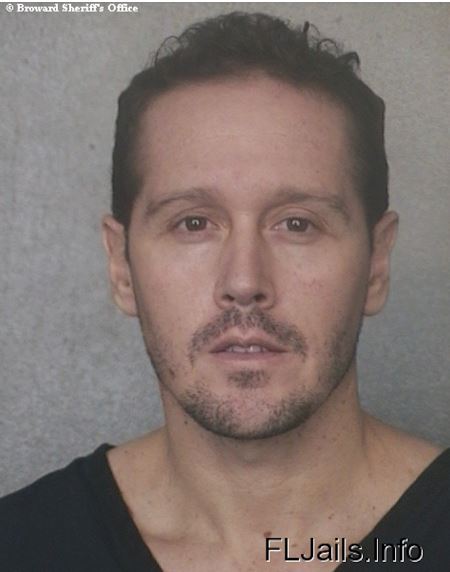
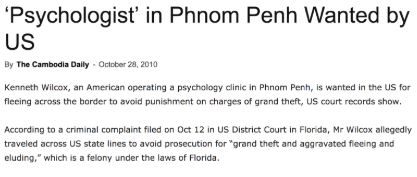
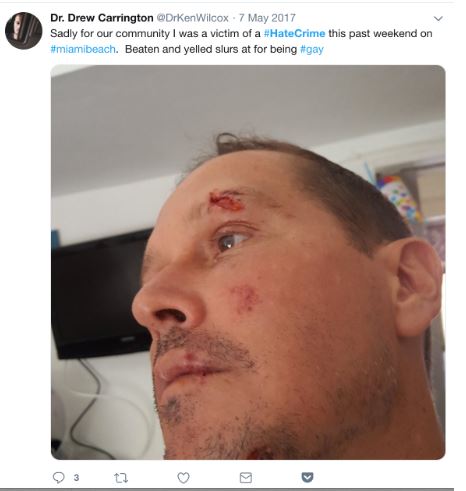




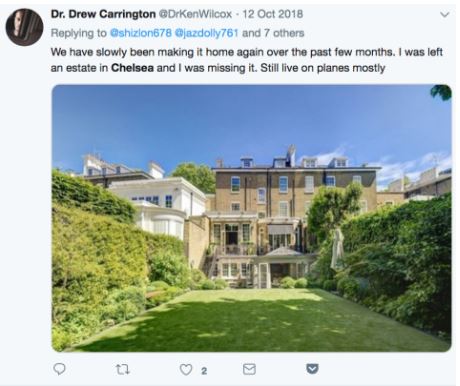

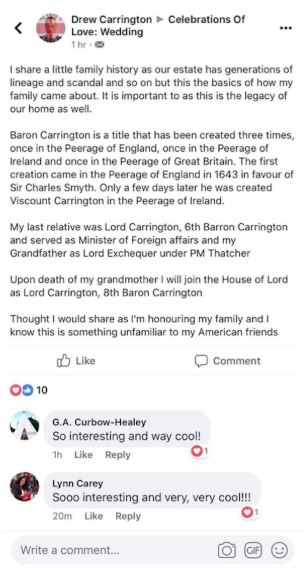


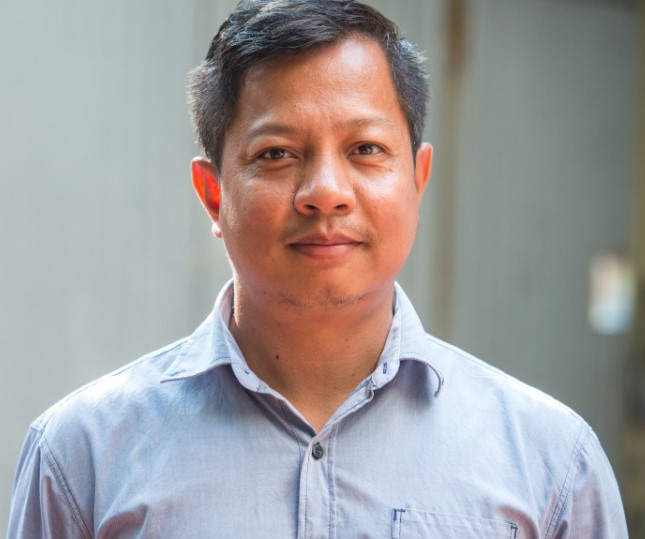











 ”, an account registered with a Smart Axiata prepaid SIM card. “
”, an account registered with a Smart Axiata prepaid SIM card. “

























